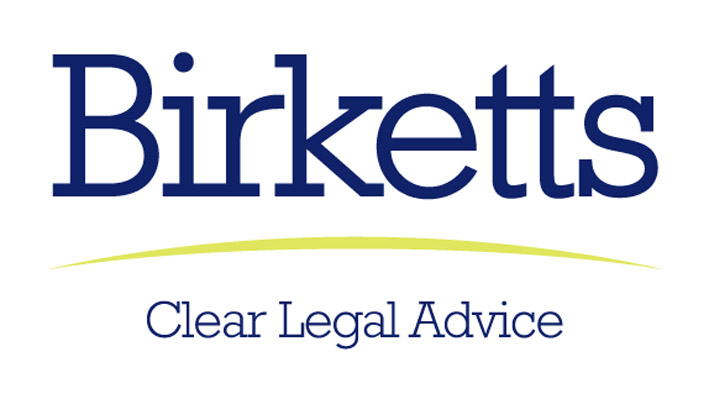This is the first in a series of guest blogs on the Community Action Suffolk website. Liz Brownsell, a charity specialist at Birketts Solicitors, discusses the Lobbying Act, the General Election and what charities should be aware of.
 Many of you will have heard about the Lobbying Act and might be aware that there was a lot of controversy within the charity sector when it was introduced in 2014. You might also have heard it mentioned again since Teresa May announced the snap election planned for 8 June 2017. However, you might be unsure what it is all about and whether or not you need to do anything differently in the run up to the election.
Many of you will have heard about the Lobbying Act and might be aware that there was a lot of controversy within the charity sector when it was introduced in 2014. You might also have heard it mentioned again since Teresa May announced the snap election planned for 8 June 2017. However, you might be unsure what it is all about and whether or not you need to do anything differently in the run up to the election.
The good news is that for the majority of CAS members, the rules are unlikely to affect you. This is because you are only affected if you are spending more than £20,000 in England (or more than £10,000 in any of Scotland, Wales or Northern Ireland) on a campaign that is caught by the rules. It is likely that many of you will be reading this blog and thinking “wouldn’t it be lovely to have that much spare money to spend on a campaign!”. If so, then you need not worry about the Lobbying Act. However, you do still need to remember that charities are never permitted to support a particular political party or donate funds to political parties.
This blog is not about the general principles of charity law regarding campaigning and political activity, but if you would like further guidance on this, see the Charity Commission’s very useful and brief guidance on “Charities, Elections and Referendums”
For those of you concerned that the Lobbying Act might affect you, below is a very brief overview of the rules that were introduced in 2014 by the Lobbying Act. If, after reading the below summary, you want to know more, then please see the more detailed article about the Lobbying Act on the Birketts website, which includes links to other resources.
Charities cannot exist solely for political purposes, but they are permitted to engage in some campaigning activities in support of their charitable objects (provided they do so in compliance with charity law). Some of these activities might constitute “regulated campaigning activities” in the 12 month period prior to a general election. This might be the case if a charity is engaged in a public campaign on a particular issue, which also happens to be an issue that is publicly associated with a particular political party as part of its election campaign. So, charities that engage in a lot of public campaigning need to be mindful of politicians piggy-backing on issues central to their charitable objectives, and take care to remain independent in connection with the election in respect of their own campaigning activities.
If any of a charity’s activities constitute “regulated campaigning activities” and the charity is spending or intends to spend more than the threshold set out above on that activity, then the charity must register with the Electoral Commission as a non-party campaigner and follow the rules and reporting requirements on campaign spending and donations.
In summary, the key things to remember are:
- Your charity cannot support or donate to a particular political party or candidate
- You do not need to stop your legitimate campaigning activities relating to your charitable purposes in the run up to the general election, but if a political party is advocating the same policy then make sure you publicly maintain your charity’s independence and do nothing to encourage support for a particular political party
- If you are spending more than £20,000 in England (or more than £10,000 in any of Scotland, Wales or Northern Ireland) on a campaign that relates to policy issues relevant to a particular political party’s election campaign, then you will need to carefully consider whether you need to register with the Electoral Commission
If you are unsure about whether or not you may engage in particular campaigning activities as a matter of charity law, or if you are concerned that your campaigning activities might be covered by the Lobbying Act and you would like further advice, please get in touch with Liz Brownsell at Birketts LLP for further advice.
Liz Brownsell | Senior Associate | Charities and Social Enterprise | Birketts LLP | www.birketts.co.uk
Follow Liz on Twitter @LizCharityLaw